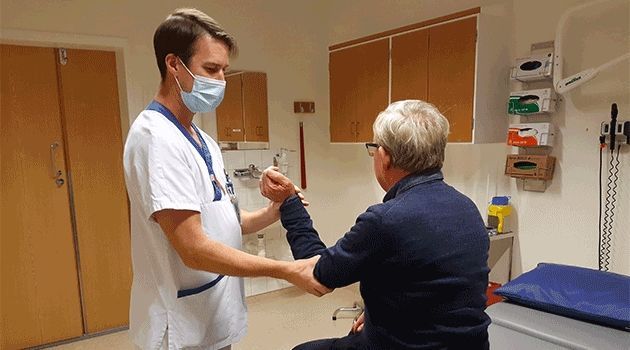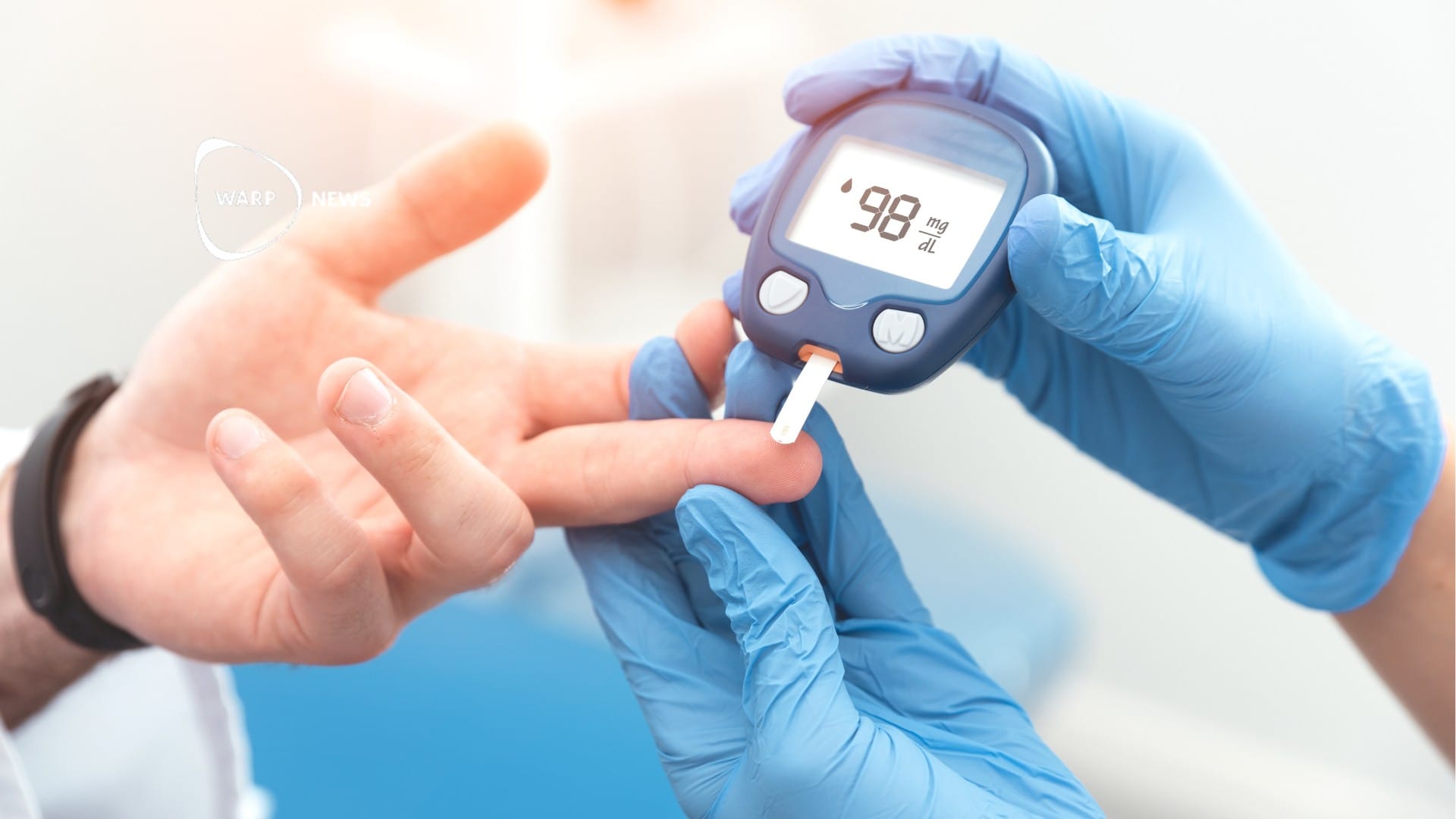
💊 Optimized Parkinson's treatment increases patients' quality of life
By adapting the medication to each individual, it is possible to improve the effect of the treatment of Parkinson's disease.
Share this story!
Those with Parkinson's disease often receive medication in the form of drugs containing levodopa. It relieves the patients' discomfort, but for about half of the patients, problems arise after five years. The medicine then does not work for as long and increasing the dose causes side effects such as sudden movements.
"Parkinson's means that you have too little mobility, and since the treatment with dopamine increases mobility, it can also lead to too much mobility. The challenge is to fine-tune and obtain sufficient effect without side effects, this is called the therapeutic window," says Dag Nyholm, professor of neurology at Uppsala University, in a press release.
There is a treatment, Duodopa, where it is possible to give levodopa in adequate doses at short intervals. Dag Nyholm and his research group have now succeeded in further developing that treatment. The group has developed a variant with three instead of two active substances as before.
"A so-called micro pill and two different pump variants pump the drug into the patient. Most patients feel just as well with the optimized treatments as they did several years before," says Dag Nyholm.
The advantage of this is that it is possible to lower the dose of levodopa but still have the same effect. It also makes it easier to give each patient exactly the dose they need.
“We need to adapt exactly what each individual needs so it really is precision medicine. Our research shows that the need for levodopa varies in patients between 200 mg and 4400 mg per day. There is thus a twenty-twofold difference in what different patients need. Parkinson's is an incredibly complex disease, but that is also the driving force, that we want to make a difference for the patients," says Dag Nyholm.
With the new treatment, the researchers hope that patients with Parkinson's will have a better quality of life.
"Our latest treatment provides security and predictability for the patient, they become freer and can trust their body more. The fact that research progress has made it possible for patients to have additional years of active life with work and leisure activities feels very good. But the treatment only stops the symptoms and not the disease. That is the next challenge," says Dag Nyholm.
Photo: Uppsala University/Heléne Holst
By becoming a premium supporter, you help in the creation and sharing of fact-based optimistic news all over the world.


